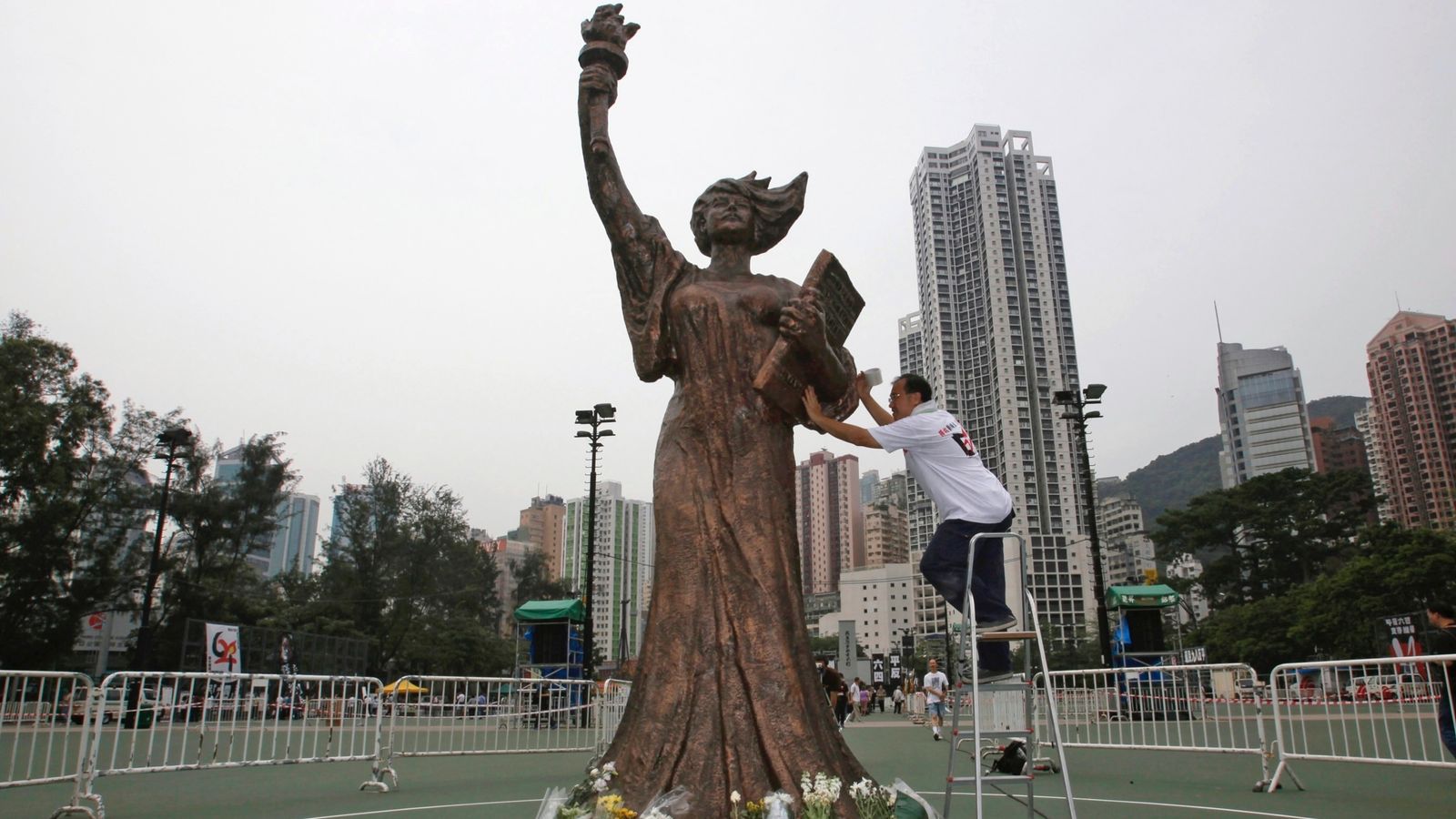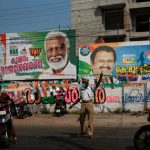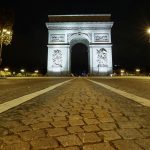More universities in Hong Kong have removed memorials commemorating those who died in the Tiananmen Square massacre.
Early on Friday morning, the Chinese University of Hong Kong took down the Goddess of Democracy, a statue based on a figure created by art students that was brought to Tiananmen Square in Beijing shortly before the 1989 crackdown.
Hundreds of pro-democracy protesters were said to have been killed by Chinese troops in the 4 June crackdown on China’s pro-democracy movement in the late 1980s, but it is thought the real figure reaches the thousands.
The statue is the latest Tiananmen Square memorial to be removed in Hong Kong, with a monument at the University of Hong Kong – the Pillar of Shame – cut up and removed the night before after being installed in 1997.
Lingnan University also removed a bas relief memorial wall display.
The university said it did so because of the “overall protection of the university community after a recent assessment”, according to the government-run Radio Television Hong Kong.
Beijing Olympics: Japan won’t send government delegation to Games amid human rights concerns
COVID-19: China locks down 13 million people in Xi’an after city records 211 cases
Pillar of Shame: University of Hong Kong dismantles and removes Tiananmen Square statue from campus
The Chinese University said the statue removed on Friday had never been authorised and no organisation has claimed responsibility for its maintenance and management.
Hong Kong and Macau, China’s two semi-autonomous territories, were the only places on Chinese soil where commemorations of the massacre were allowed.
However, for the past two years annual candlelight vigils that attract tens of thousands have been banned, although many have defied the bans as Hong Kongers fight for democracy.
Please use Chrome browser for a more accessible video player
Removal of the statues is yet another erosion of democracy for the former British territory.
A national security crackdown forced Hong Kong’s main activist group for the victims of the Tiananmen massacre to disband in September.
Over the past year, many opposition politicians have been jailed or fled the city due to the crackdown on democracy.
Earlier this week, the UK joined the EU, other G7 countries and Five Eyes leaders to condemn Sunday’s elections in Hong Kong, where pro-China candidates claimed an overwhelming victory during a historic low turnout.
Since the 2020 National Security Law and electoral reforms passed in March, only “patriots” – according to Beijing’s definition – can run for office.
Despite sometimes violent pro-democracy protests earlier this year, dissent was made a crime.






















